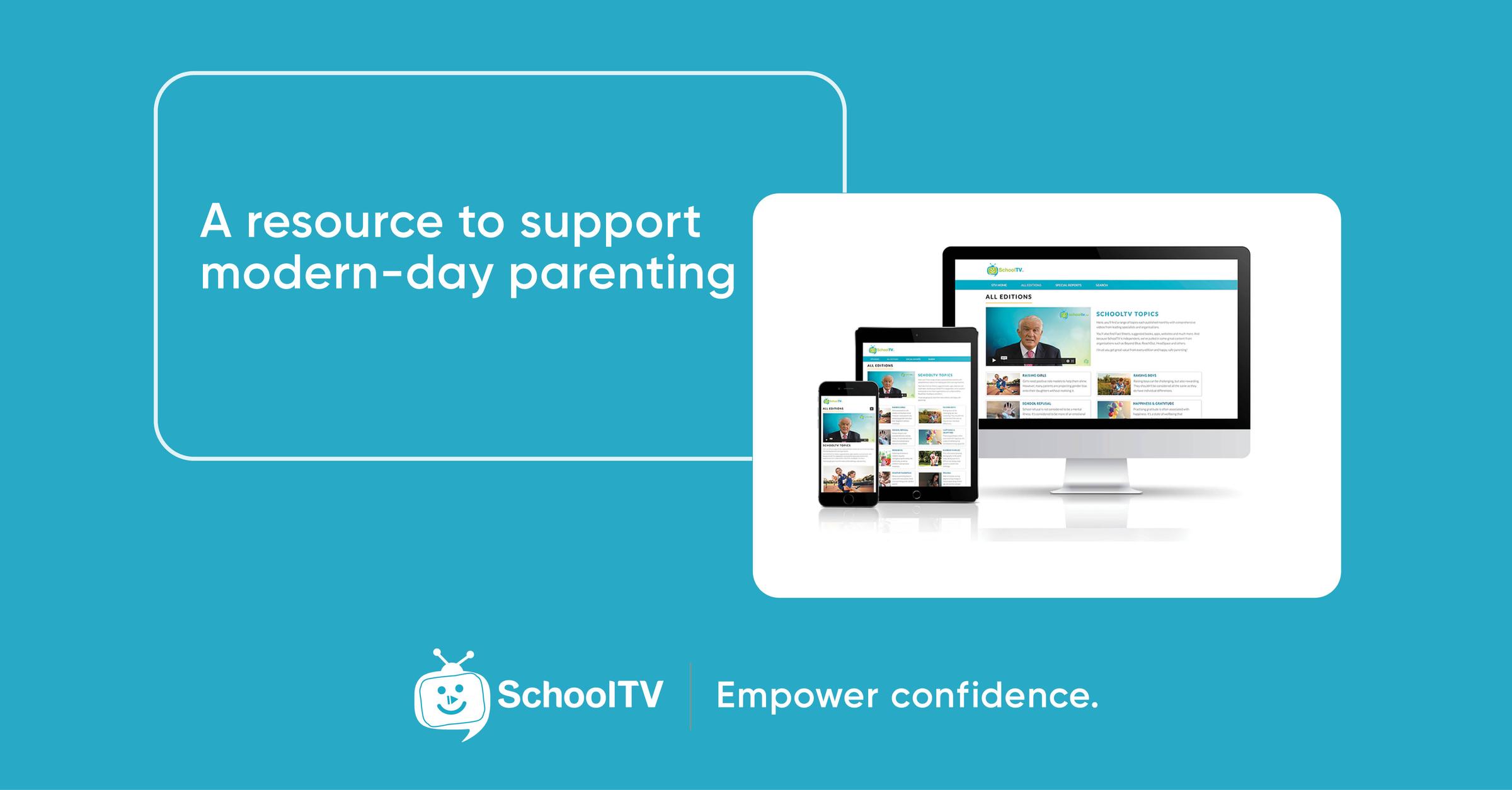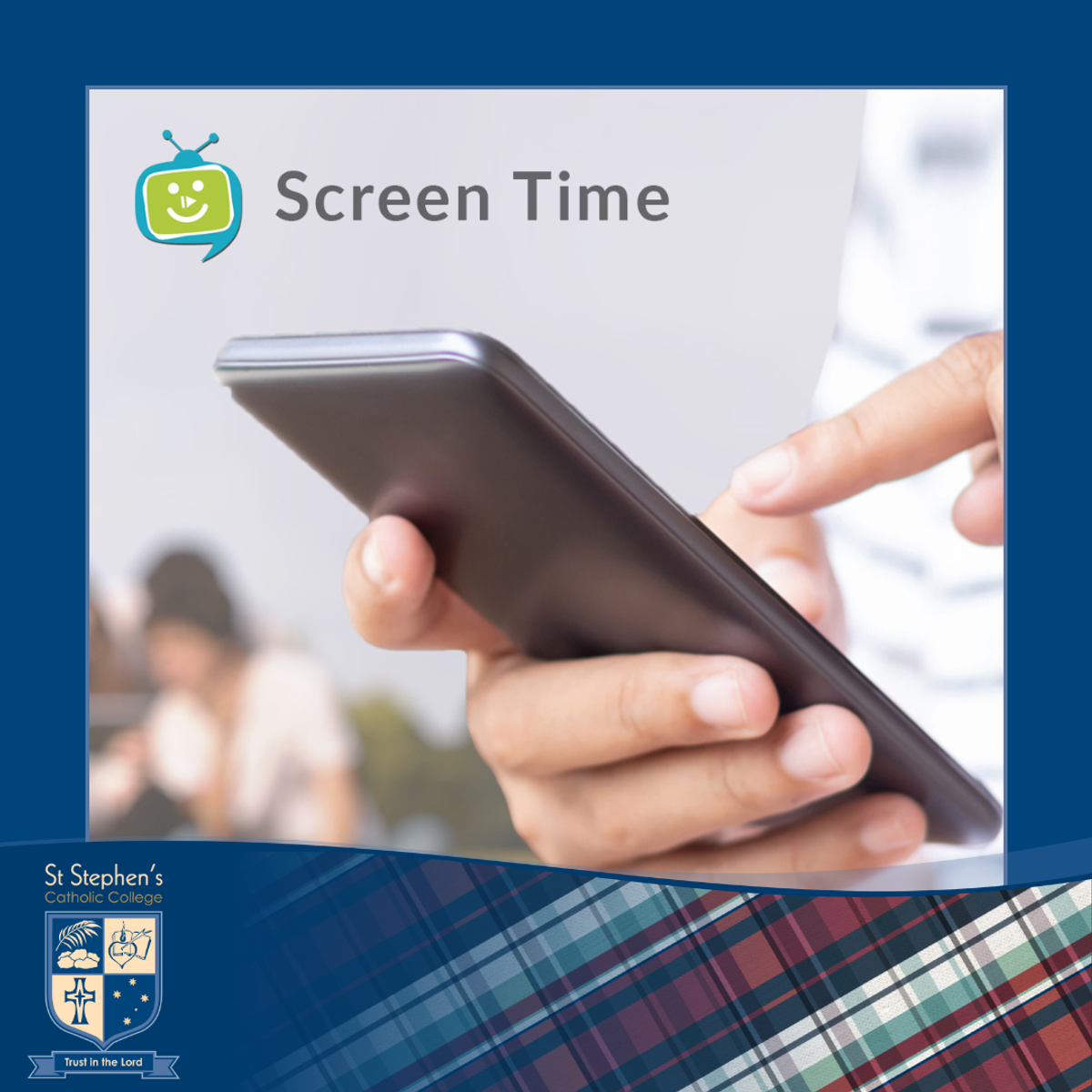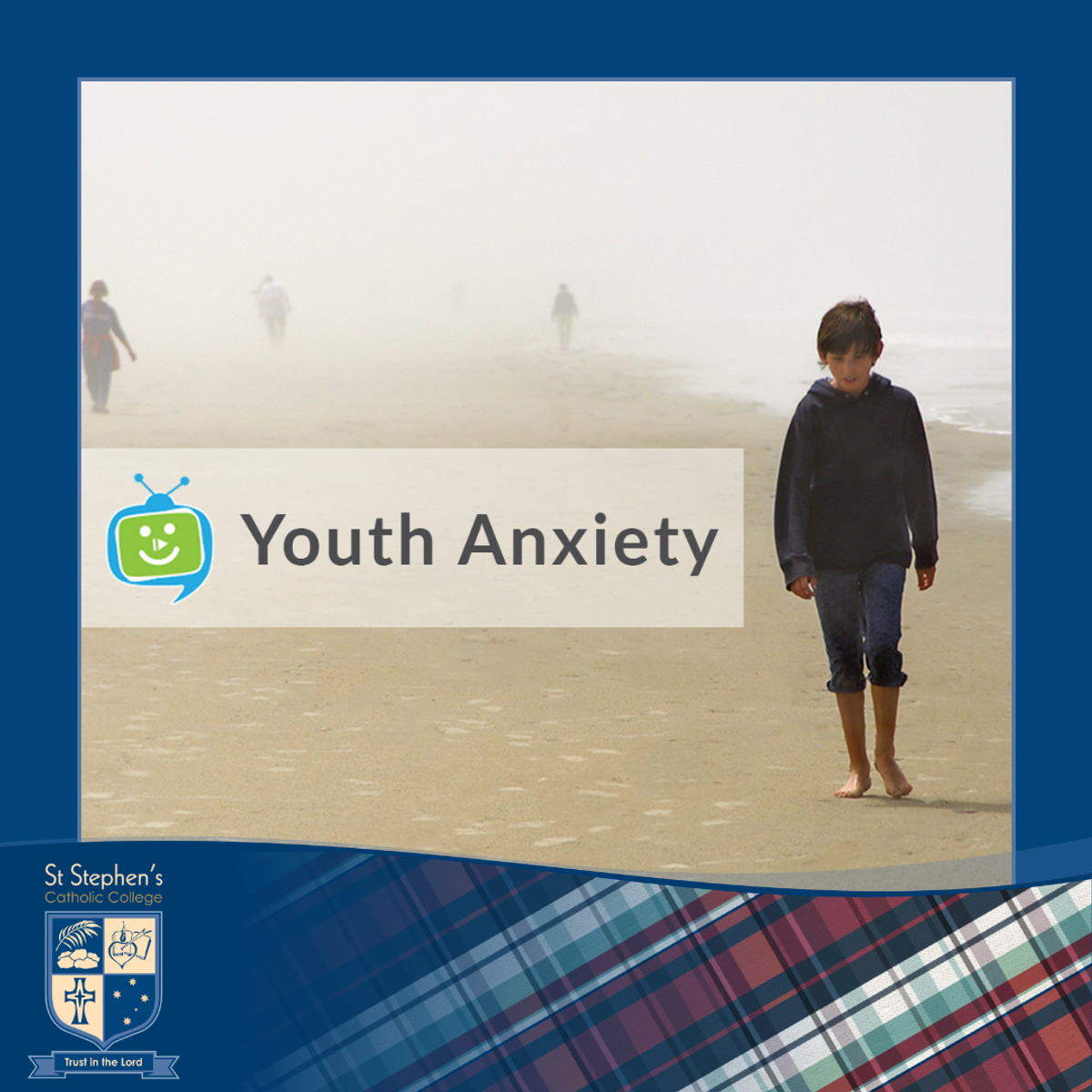SchoolTV: Special Reports

This year, our College Counsellors are curating a collection of SchoolTV reports which will be shared in a timely manner to meet the current needs of many of our families.
In this issue, we share 2 reports:
Managing Screen Time
- Anxiety
Please also remember that all of the SchoolTV content can be accessed at any time through our website, and we invite you to check it out to find helpful resources for current challenges.
Managing Screen Time
As a result of the global pandemic, there has been a noticeable shift in the amount of time people spend on screen-based devices. Families are transitioning back to pre-COVID routines but many are still struggling to re-establish the boundaries and rules around screen use. Some continue to deal with digital conflict and tech-tantrums on a daily basis. The latest research found that 77% of teenagers spend more than five hours on screens per day, but it is important to note that not all screen time is considered equal.
Parents play a crucial role in modelling a positive and healthy approach to using screens and assisting children to navigate the content they watch. It is better to model and mentor screen use, rather than monitor it. Children tend to do more of what they see us do, and less of what we tell them to do. However, it is still important to outline the risks and highlight the benefits of screen use to ensure you keep a balanced attitude. Encourage discussions around the issues that people experience in monitoring their screen time and be honest about your own difficulties.
Parents need to remain firm in their approach to managing screen time. Excessive screen time can be detrimental to a child’s overall wellbeing. Ensuring the correct privacy settings are in place is vital to prevent children from being inadvertently exposed to inappropriate content or online predators. Parents need to also be mindful of the potential impact screen time can have on a child’s social, emotional, educational, behavioural, and even physical domains.
In this edition of SchoolTV, care-givers will be provided with a range of guidelines and strategies to help manage screen time at home.
We hope you take time to reflect on the information offered in this edition of SchoolTV and we always welcome your feedback. If you have any concerns about your child, please contact the school counsellor for further information or seek medical or professional help.
Here is the link to the Managing Screen Time edition of SchoolTVhttps://sscc.qld.schooltv.me/newsletter/managing-screen-time
Anxiety
Most young people today experience anxiety at some point in their life. Sometimes that slight rush of anxiety that occurs prior to an exam or sporting event, can enhance their performance. However, experiencing too much anxiety, over long periods of time, can be extremely damaging to their health and wellbeing. There is a difference between ‘good’ and ‘bad’ anxiety.
Statistics show, that the psychological health of young people today is far worse than it was a generation ago. This is having an adverse affect on children in both primary and secondary levels. Some of their issues of concern include stress, school, study, body image and friendship.
Parents need to be aware of the warning signs of ‘bad’ anxiety. There are preventative measures parents can implement as well as teaching kids the skills to cope more efficiently with their anxiety.
We hope you take time to reflect on the information offered in this edition of SchoolTV and we always welcome your feedback. If you have any concerns about your child, please contact the school counsellor for further information or seek medical or professional help.
Here is the link to the Anxiety edition of SchoolTV https://sscc.qld.schooltv.me/newsletter/youth-anxiety




